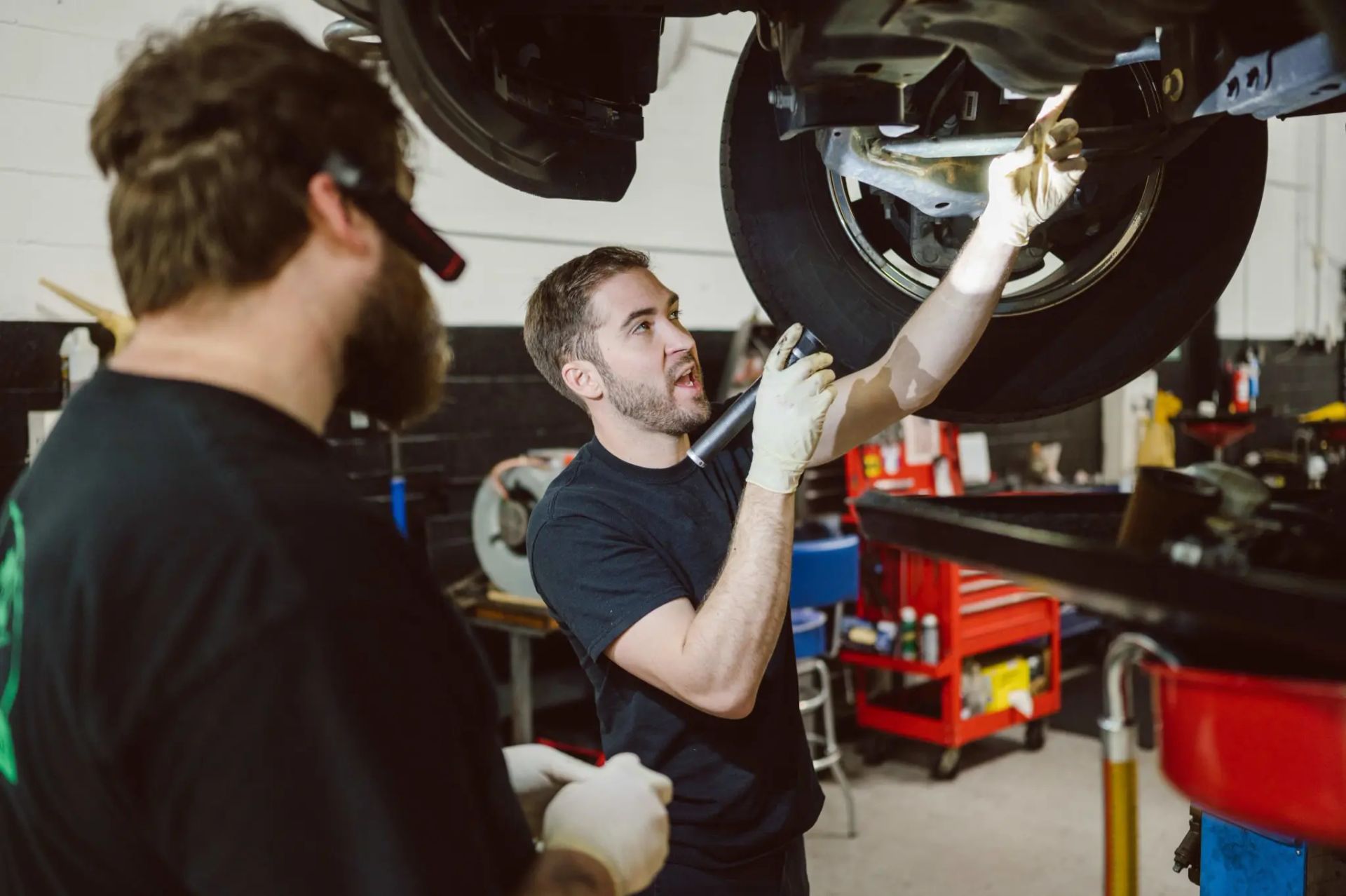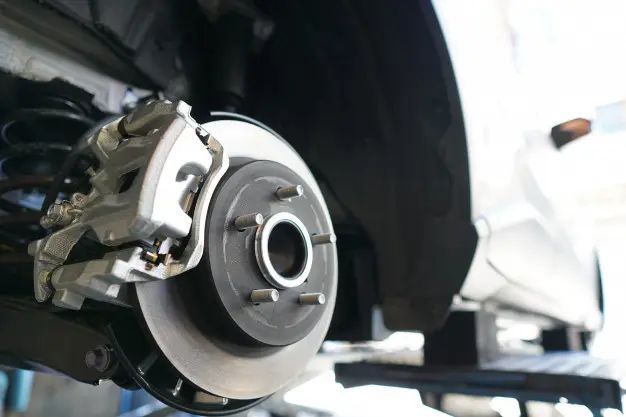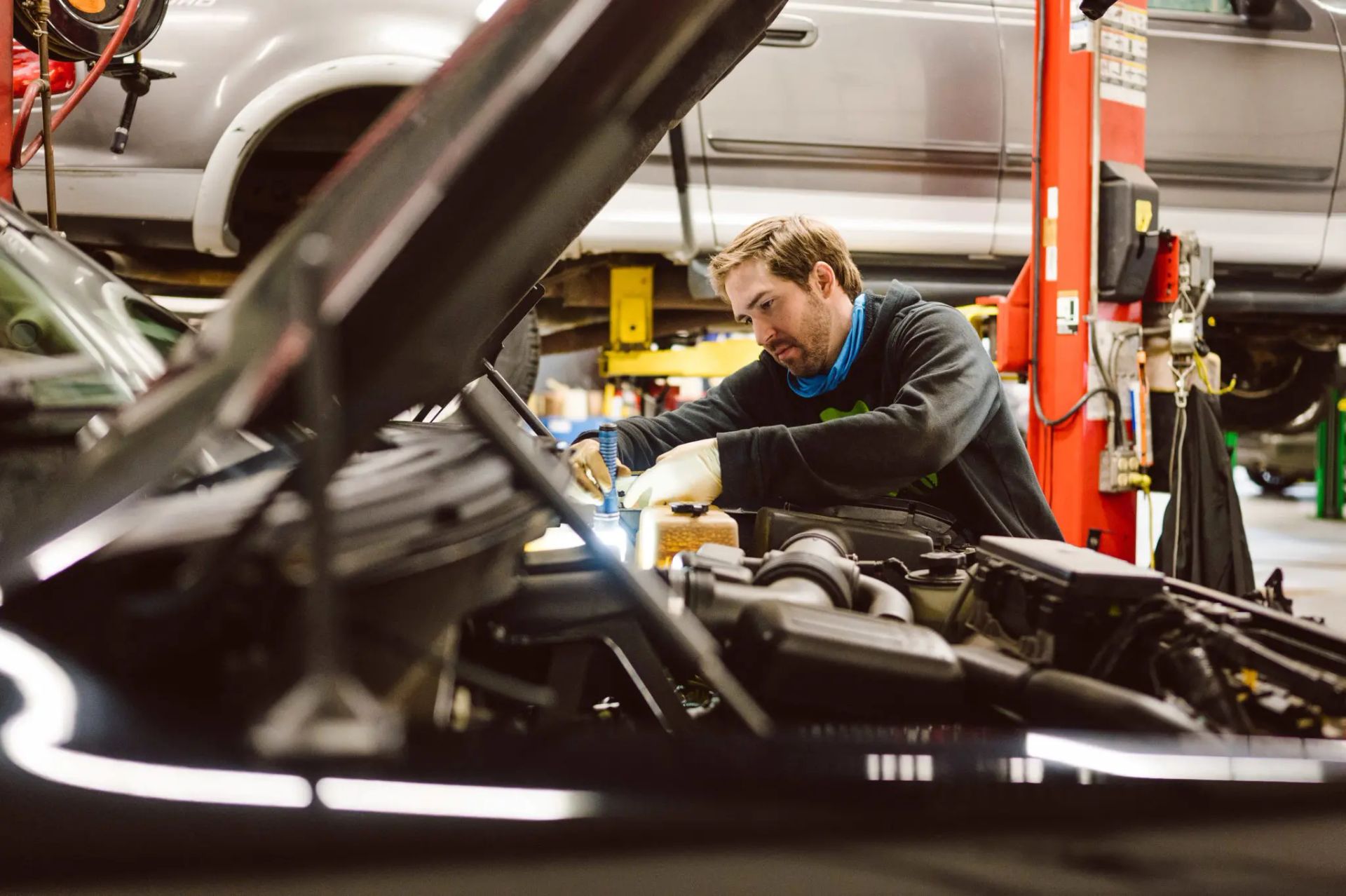Blog
Our Blog
The best referral you can get
is from a neighbor.








© 2024 Casey's Automotive. All Rights Reserved | Website managed by
Shopgenie
Follow us
Our Shop
4260A Entre Court, Chantilly, VA 20151
45891 Woodland Rd, Suite 130, Sterling, VA 20166
719 Walker Rd, Great Falls, VA 22066
Services
List of Services
© 2024 Casey's Automotive. All Rights Reserved | Website managed by
Shopgenie
Follow us
Our Shop
Chantilly:
703-802-6300
4260A Entre Court, Chantilly, VA 20151
Sterling:
703-444-6900
45891 Woodland Rd, Suite 130, Sterling, VA 20166
Great Falls:
571-786-8001









